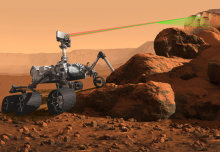

Audio
Hark!
Podcast: Baby brains, new Mars quests and preventing pandemics
In this edition: We discover treatments for baby brain injuries, see what’s new on Mars for 2020 and find out how to prevent pandemics.



Audio
Podcast: Baby brains, new Mars quests and preventing pandemics
In this edition: We discover treatments for baby brain injuries, see what’s new on Mars for 2020 and find out how to prevent pandemics.
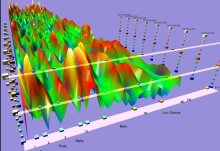

Ayahuasca compound changes brainwaves to vivid ‘waking-dream’ state
Scientists have peered inside the brain to show how taking DMT affects human consciousness by significantly altering the brain’s electrical activity.
 8
8


Immersion in virtual reality scenes of the Arctic helps to ease people’s pain
Watching immersive 360 videos of icy Arctic scenes helps to relieve burning pain and could hold hope for treating chronic pain, a study has found.
 1
1


Imperial accolades: News from the College
Here’s a batch of fresh news and announcements from across Imperial.


Epigenomic “map” helps predict nerve cells’ ability to regenerate after injury
An Imperial-led study has provided new insights into the biological processes which determine nerve cells’ ability to regenerate after injury.


Feature
Obituary: Professor Jackie de Belleroche PhD, DS 1945-2019
Professors Vasso Episkopou and Steve Gentleman pay tribute to the late Professor Jackie de Belleroche, who died after a short illness on 3 July 2019.
 4
4
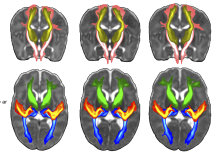

Baby brain scan library could help push forward research
Hundreds of MRI scans of babies’ brains have been made available online to scientists to study how the brain develops.
 1
1
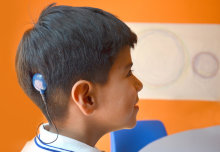

UK urged to lead brain-machine interface technology by Imperial-led report
A Royal Society report, led by Imperial experts, has urged the UK Government to take the lead on tech that merges brain, body and machine.
 1
1


TB meningitis kills and damages nerve cells in brain through ‘overstimulation’
Study reveals how tuberculous meningitis (TBM) damages the nervous system along similar lines as chronic brain conditions such as Alzheimer’s.
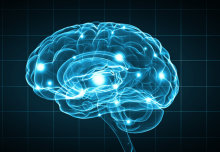

Protein tangles linked with dementia seen after single head injury
Scientists have visualised for the first time protein ‘tangles’ associated with dementia in patients who have suffered a single head injury.